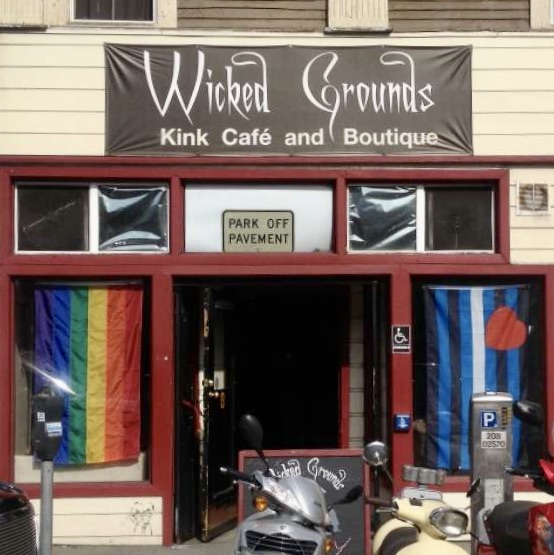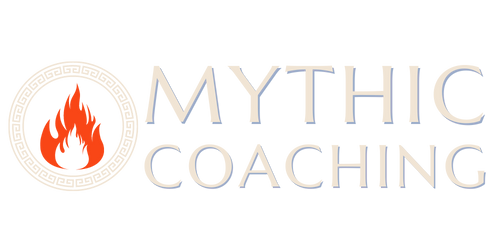“Can I take over your coffee house and talk about Wonder Woman, polyamory, and bondage for an hour or two?”

Ryan, the owner of San Francisco’s kink-themed Wicked Grounds Café didn’t seem to know what to make of me, but apparently decided I was mostly harmless. Wicked Grounds served as a safe space for the LGBT and BDSM communities. Queer and kinky people know a thing or two about fighting for their rights, and this gem seemed like the perfect venue to launch my presentation about Wonder Woman’s more subversive elements. We set a date for two months out, October 19, 2012, and promoted “Kink in the Golden Lasso” as a fundraiser. We would not charge anything, just encourage guests to purchase coffee and pastries, then pass the hat to collect donations.
DC Comics had recently launched their “New 52” experiment, a company-wide attempt to refresh their hero lineup. Brian Azzarello had taken over as writer of Wonder Woman, and in my opinion, bastardized the character so egregiously that I feared she would never recover. I did not want this fabulous character to be lost, and I wanted to share her history with anyone who would listen. (I was wrong. She did recover, as immortals do, thanks to meticulous care from writer Greg Rucka.)
At that time no one cared much about Wonder Woman. At least it seemed that way. But the standing-room-only lecture suggested otherwise. I told the audience how Dr. William Moulton Marston had created not just Wonder Woman, but also the lie detector and the psychological model, DISC Theory. I described that Dr. Marston had been in a polyamorous relationship, which I imagined much like Angela Robinson would later present it in her film, Professor Marston and the Wonder Women. I spoke of how he had two children by each woman, and how Elizabeth and Olive lived together for the rest of their lives after Marston’s death.
Afterwards, I proudly shared the recorded presentation with Christie Marston, William and Elizabeth’s granddaughter, with whom I had become acquainted through Facebook. Equally disgusted by Azzarello’s treatment, Christie had launched “Share the Wonder”, a Facebook initiative that collected stories from longtime fans and detailed what they loved about Wonder Woman. She intended to share these stories with DC Comics in an attempt to realign the character with her grandfather’s vision. (Share the Wonder has since morphed into an active online gathering place for hardcore fans of the Amazon princess.) Anyway, she appreciated my effort, but kindly informed me that I was dead wrong on a few points, especially as they pertained to the Marston family triad.
I was horrified. My intention had been to give an accurate account of Wonder Woman’s real world origins and I had failed at that. Unfortunately at that time, Christie would not tell me specifically what about my presentation was inaccurate, just that I was repeating some widely held misconceptions. Only years later did she share her knowledge with me, after the publication of Jill Lepore’s The Secret History of Wonder Woman compelled her to break her silence.
By then, I had amassed a wealth of information and parsed out much truth from speculation. More importantly, I came to understand that Wonder Woman’s real value, as well as the essence of Marston’s other work, has been obscured by our culture’s paralyzing blend of obsession and discomfort around sexuality. Sitting with that discomfort and looking more closely at Marston’s work reveals a trove of wisdom and insight. Yep, the character is kinky, for sure. Taking the time to understand the nature of that kinkiness — why it’s there and what it represents — reveals an exciting path to empowerment, freedom, and the potential for cultural transformation.
What began as that talk evolved into several drafts of a book. Maybe one day it will see print. But for now it lives in the form of this website. It seems to me that Marston’s insights apply more now than ever as we must question those in power, adapt to a new world, and recalibrate what it means to take care of ourselves and one another.
